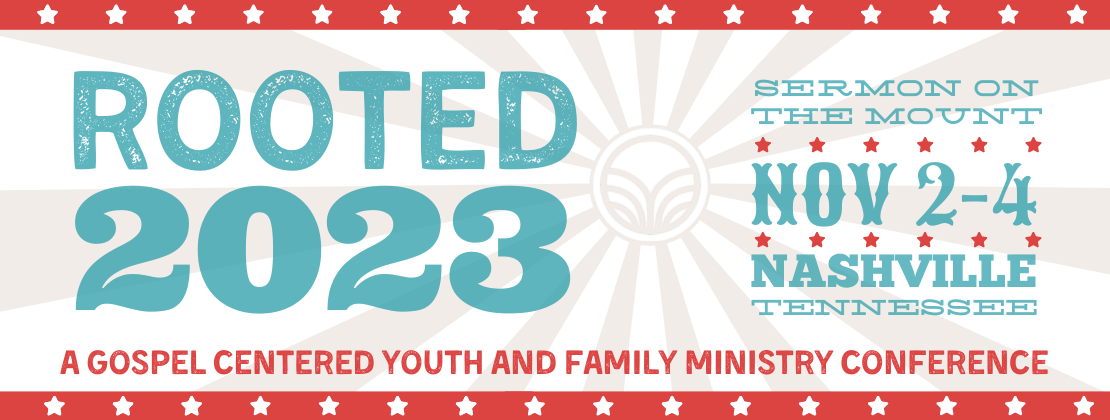College life can feel antithetical to prayer. From attending classes and club meetings to studying, it’s easy to get caught up in an endless cycle of work. I don’t know a single college student who doesn’t feel busy. Prayer, on the other hand, requires slowing down and sacrificing precious time to do what feels contrary to efficiency.
Last fall, as I began my first year as a student at Columbia, I worried that I would fall prey to our school’s stereotype of the career-focused, serial over-worker. I worried that my prayer life would wither and die, squeezed out by the pressure of having to do more. Even as I formed a prayer group with my Christian friends, I secretly doubted it would last very long. I knew my friends genuinely desired to meet and pray together, but I wasn’t sure that intention would translate into lasting commitment, especially when midterms and finals rolled around.
But despite the challenges of fueling a prayer life in college, being a student does not have to mean being prayerless. In fact, making time to pray in college is necessary, possible, and abundantly fruitful.
Daring Hope
In all my calculations and predictions of eventual failure, I had forgotten the most important factor: the faithfulness of the Lord.
I was surprised to find that the women in my prayer group showed up each Saturday morning, eager to see one another, to share their prayer requests, and to bring their praises and needs before our heavenly Father. God encouraged, convicted, and reminded of his glory as I listened to them pray. Yet perhaps I should not have been so surprised—God’s sovereignty over our hearts and means that he is able to fuel our desire to gather in prayer.
On a secular college campus that can sometimes feel antagonistic to Christian faith, it is the faithfulness of God—not man—that we can trust. God sovereignly orchestrated the death of his own Son for the forgiveness of our sins, and he is still, even now, sovereignly sanctifying his people. Paul commands us to “work out [our] own salvation with fear and trembling, for it is God who works in you, both to will and to work for his good pleasure” (Phil. 2:12-13). God calls us to invest in our walk with him, but we must also never forget that our hope is ultimately rooted in God’s strength to keep and sustain his saints.
I started a college prayer group with a doubting heart because I had forgotten the Lord’s power to sanctify and his kindness to bless our feeble efforts. But even when I doubted, he showed me his grace in prospering our prayer group.
When we are tempted to think, this will never work, we can trust in our faithful, sanctifying, heart-changing God, who is pleased to use our prayers for the good of his kingdom.
Deeper Community
Starting college means facing new challenges, from the loneliness of leaving home to the pressure of academics. We are not meant to brave these difficulties alone. One of the main ways we experience God’s grace is through relying on deep Christian community—which I found in my prayer group.
Although college is a busy season, students have more flexibility with how we choose to spend our time. Beyond attending class and church, most of our other time commitments are voluntary: club meetings, studying, meeting up with friends. We also live in close proximity—if not within the same dorm, at least within walking distance. It was easy for my prayer group to gather because our meeting location was minutes away from our residences. For college students, the simple blessing of convenience provides many opportunities to spend time in fellowship.
Our group met at ten in the morning, and after an hour of prayer, often went for lunch. We knew each other as sisters in Christ—and we knew each other as fellow college students. These were the peers on whom I could count to listen to my struggles and point me to the promises of God.
One of my favorite questions to ask friends is, “How can I be praying for you?” I know from being on the receiving end that asking for prayer requests is a thoughtful way to show love and care. It invites greater vulnerability with the things we don’t usually mention in small talk, such as anxiety over upcoming tests, relational conflict, uncertainties, and difficult decisions. Beyond the cheap information of majors, hometowns, and classes, praying for one another means knowing another person’s desires, fears, and worries. If you long for rich Christian community, be bold to take the first step in asking your friends to pray for and with them.
Dependence on God
All Christians need to recognize our dependence on God through prayer, but college students especially so. We come to universities to learn: I’m majoring in English because I want to learn about literature; my friends studying computer science are learning to program and solve problems. While these interests are worthy pursuits, it’s easy to forget that our identities are not defined by earning a degree in a certain field, attending a particular school, or even merely being a college student. Christians must always first be disciples—students—of Christ. We must always lean on his wisdom, not our own (Prov. 3:5).
Paul admonishes the Corinthians, “If anyone imagines that he knows something, he does not yet know as he ought to know. But if anyone loves God, he is known by God” (1 Cor. 8:2-3). Even as college students, then, our highest priority must be loving God, not simply accruing knowledge. Regular prayer expresses and reminds us of our need for God and his true, eternal wisdom.
In my prayer group, hearing each other pray reminds all of us that our reality is best defined by God and his presence in our lives. Exchanging prayer requests develops horizontal relationships but is also one of the ways we direct others toward God. Prayer is not primarily characterized by the highs and lows of each week and the people we meet to pray with. Prayer is distinct because it is directed to a Person who is listening, who answers, and who has every means at his disposal to accomplish his ordained ends.
Although starting or joining a prayer group is often intimidating on a college campus, it is all the more crucial for Christian students to be in a praying community. Wherever the Lord places us—in a secular school or a Christian college, in a busy or slow season, among many or few Christians—may we be a praying people.
If you’d like to hear more about college students engaging their campuses with faith in Jesus, join us at the 2023 Rooted Conference to hear RUF pastor Kevin Twit’s workshop, “Helping Prepare Your Students For College.”








